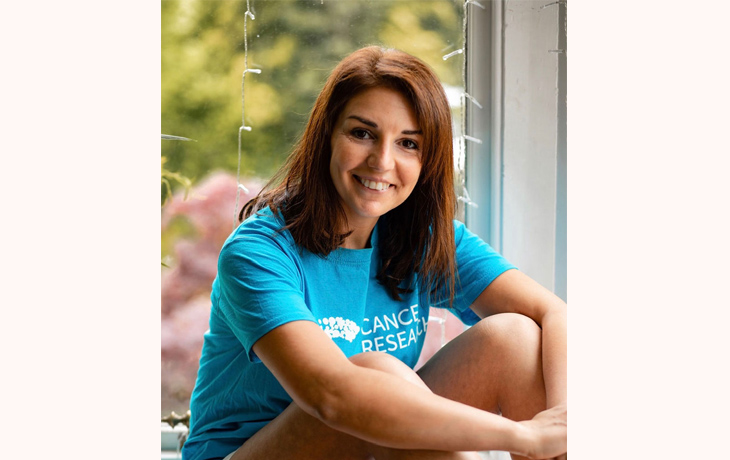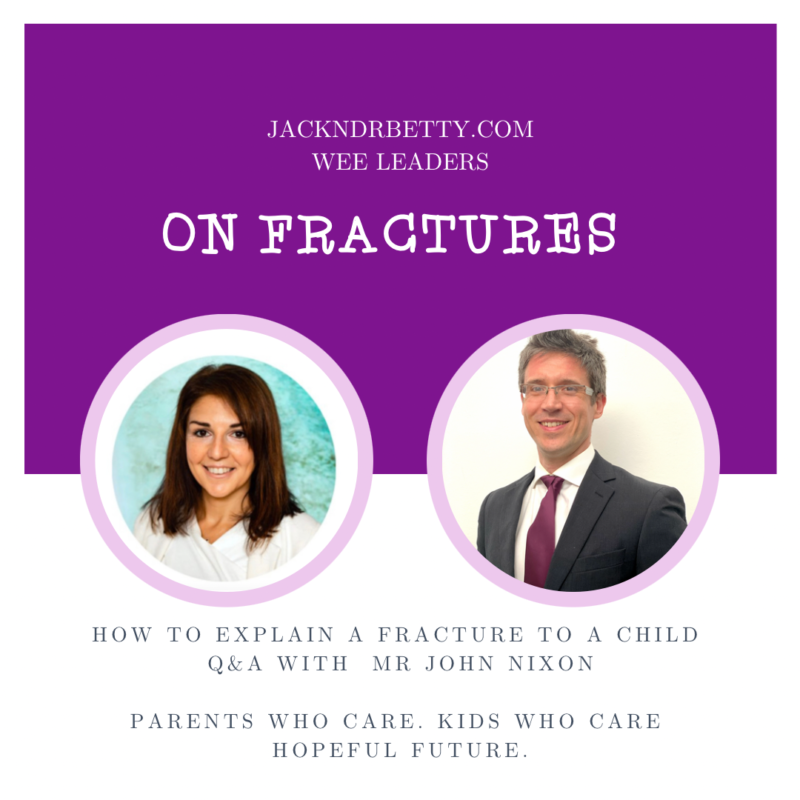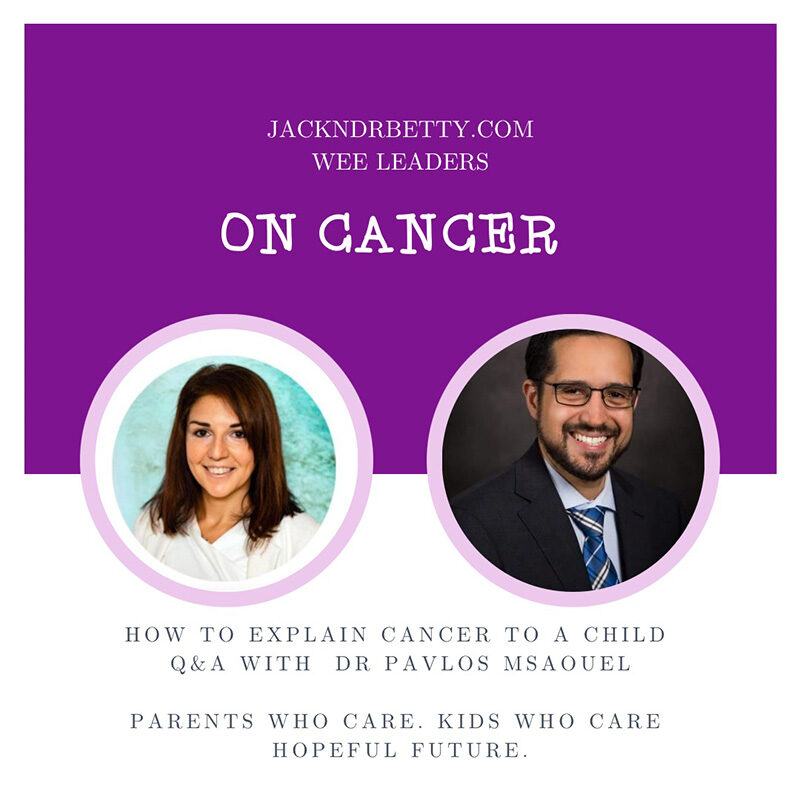
Why run? Why Exercise? Why now?
By Dr Ioanna Nixon, MPH, PhD, FRCR, FFMLM
I have been an on/off runner all my life. As a child I loved running. Running to playgrounds, beaches, school yards.
Running however was never part of a routine.
As a doctor I know well the importance of exercise on physical and mental health. Science suggests any moderate aerobic exercise as well as moderate intensity exercise helps us keep well, prevents diseases and makes us feel better. In people with mental illness, including depression and on antidepressants evidence suggests they do better when exercise is part of their daily life.
Running (and exercise in general) is leading to circulation of higher dopamine levels, as well as more dopamine receptors in our brains. Dopamine plays important role in many body functions including movement, memory pleasurable reward and motivation, attention, behaviour and cognition. It is known as the “feel good” hormone.
I can go on and on…
Despite all this knowledge, frequently we think of any form of exercise as a painful act, a torture. Frequently we relate it to losing weight and improving our body image.
Running outdoors has an incredible positive impact on our psychology.

For me, I reunited with running to fundraise for Cancer Research UK. As an oncologist, the cause speaks to my heart, so as soon as I saw the challenge, I joined without any hesitation.
What did the challenge involve? Running 100 miles in July.
What did the challenge involve? Running 100 miles in July.
How did I do it? Will sound funny, but… I just did. I planned my runs and I would wake up at 5:30 am , before my kids are up, to run at least 4-5 miles every day. As soon as I laced up, that was it. I would simply do it. I kept reminding myself my metrics don’t matter, I can only improve during the process and that I am running for a great cause. That was inspiring to fuel my body with all the energy I needed.
Talking about energy, I ensured I slept well and ate well. Therefore, enrolling into this challenge helped me look after myself even better, and also led to developing the “runner’s bug”, as I gradually turned into a runner.
My personal observations through this challenge are that running not only improved my aerobic capacity, my endurance, but very importantly the way I feel.
🟢 Mood booster: I noted my mode after the run, setting the to tone of the day, was positive. I would feel more energised, enthused and prepared for whatever my day unfolds.
🟢 Energy booster: I also felt more accomplished and with a full energy cup. Prior to establishing this routine I would feel more tired.
🟢 Clarity: running helped me empty my head. Clear my thoughts and have more clarity.
🟢 Connections: I joined a global community of runners! I would previously co-exist with them, but now I am actively one of them.
🟢 Inspirational: I got inspired by others taking same challenge. I got inspired by athletes. I also inspired others, including family members who from couch potato’s started running too! As I was doing it for cancer fundraising, I also raised awareness on cancer and on benefits of running.
I completed the challenge in 22 days.
You may wonder, what now? I continue running and I enjoy it. Along the way, I learned how to enjoy running.
Now, this is what worked for me.
I understand running is not everyone’s cup of tea. But moving is healing.
Moving is an investment to our own health bank.
So, how about exploring what might work for you? What you like. Check with your doctor and if no contraindications, start exploring. Keep a growth mindset. Think about why you are exercising. To me, although it started as a way of supporting a great cause, it is undoubtedly an act of self-love.

There is a type of exercise for all! Any taste. Try and discover. The positives are countless.
For me, in just 40 days I turned from an occasional runner to a regular runner.
If I can, you can do too.
Dr Ioanna Nixon, is an oncologist in Glasgow, UK. She specialises in sarcomas and her research is about novel treatments, and quality of life. She has led the Scottish Sarcoma Network from 2015 till early 2022 and is the Cancer Innovation Lead for West of Scotland. She is an Honorary Clinical Senior Lecturer at Glasgow University and a Visiting Professor at Strathclyde University. She is also an executive coach, specialising on leadership, resilience, and wellness.






1 Comment
Well done, such motivation!